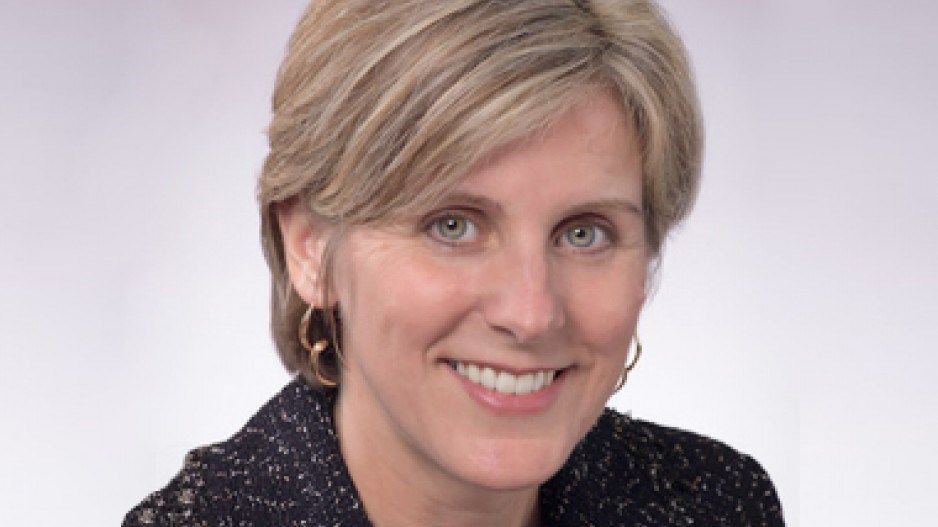Canada can help clean up the business of global soccer as it prepares to host the 2015 Women’s World Cup, according to a Vancouver native who has just quit FIFA’s Independent Governance Committee in protest over its inaction.
Anti-corruption lawyer Alexandra Wrage, president of U.S. non-profit TRACE International in Annapolis, Maryland, resigned from the panel April 17 in Zurich but went public on Monday.
“Once the (host) selection process is complete, ensuring that high standards are maintained around the whole process, the procurement process, the contract process, bringing as much transparency to it as you possibly can, it’s going to be critical,” Wrage told Business in Vancouver.
“As someone born and raised in Vancouver, I look to you to get this right.”
On July 5, 2015, BC Place stadium will host the final of the FIFA Women’s World Cup, the second-biggest quadrennial global soccer tournament.
The 24-nation, 52-game tournament in six cities is set to receive at least $15 million in subsidies from federal taxpayers, $2 million from British Columbians and $400,000 from City of Vancouver.
Wrage joined the FIFA reform panel under chair Professor Mark Pieth in 2011, but said she was surprised how the world soccer governing body resisted its recommendations for change.
“This was their reform initiative, we were not foisted on them by some external force,” Wrage said. “The proposals we made were very bland, pretty mundane: independent oversight of the (executive committee), background checks on new candidates, transparency around compensation and bonuses and any conflicts of interest. They were all rejected, one after another.”
Wrage said fans don’t speak with a single voice, but sponsors can. She called the Swiss government the “elephant in the room” and hoped it could force change.
“The only entity in a position to compel FIFA to do anything is the Swiss government, [as FIFA is] headquartered in Switzerland and they’re sitting on over $1.4 billion [in cash reserves],” she said.
Coincidentally, the regional governing body for soccer in North and Central America and the Caribbean, CONCACAF, published its Integrity Committee report April 19. Longtime executives Chuck Blazer and Jack Warner were found to have committed fraud and misappropriated funds. Both had a hand in organizing tournaments in Canada.
While a FIFA vice-president in 2007, Warner chaired the Under-20 Men’s World Cup in Canada. Swangard Stadium in Burnaby hosted first-round matches. Executive committee member Blazer was the senior FIFA representative who oversaw the CONCACAF Women’s London Olympic Qualifying tournament in 2012 at BC Place.
“There is this schizophrenic process where the world loves soccer and they turn out in huge numbers for these games, but there is such an incredible cynicism around soccer governance,” Wrage said. “We’re not going to reconcile that until the FIFA leadership steps forward and very proactively and emphatically embraces transparency.”
Neither CONCACAF nor the Canadian Soccer Association (CSA) publish their financial reports.
However, CSA statements for 2010, obtained via Freedom of Information, showed an $807,944 profit based on $16.163 million revenue and $15.355 million expenses. The biggest sources of income were membership fees ($6.617 million), sponsorships and donations ($3.479 million) and taxpayer grants ($3.145 million). In 2011-2012, CSA received $3,709,500 in federal grants.




